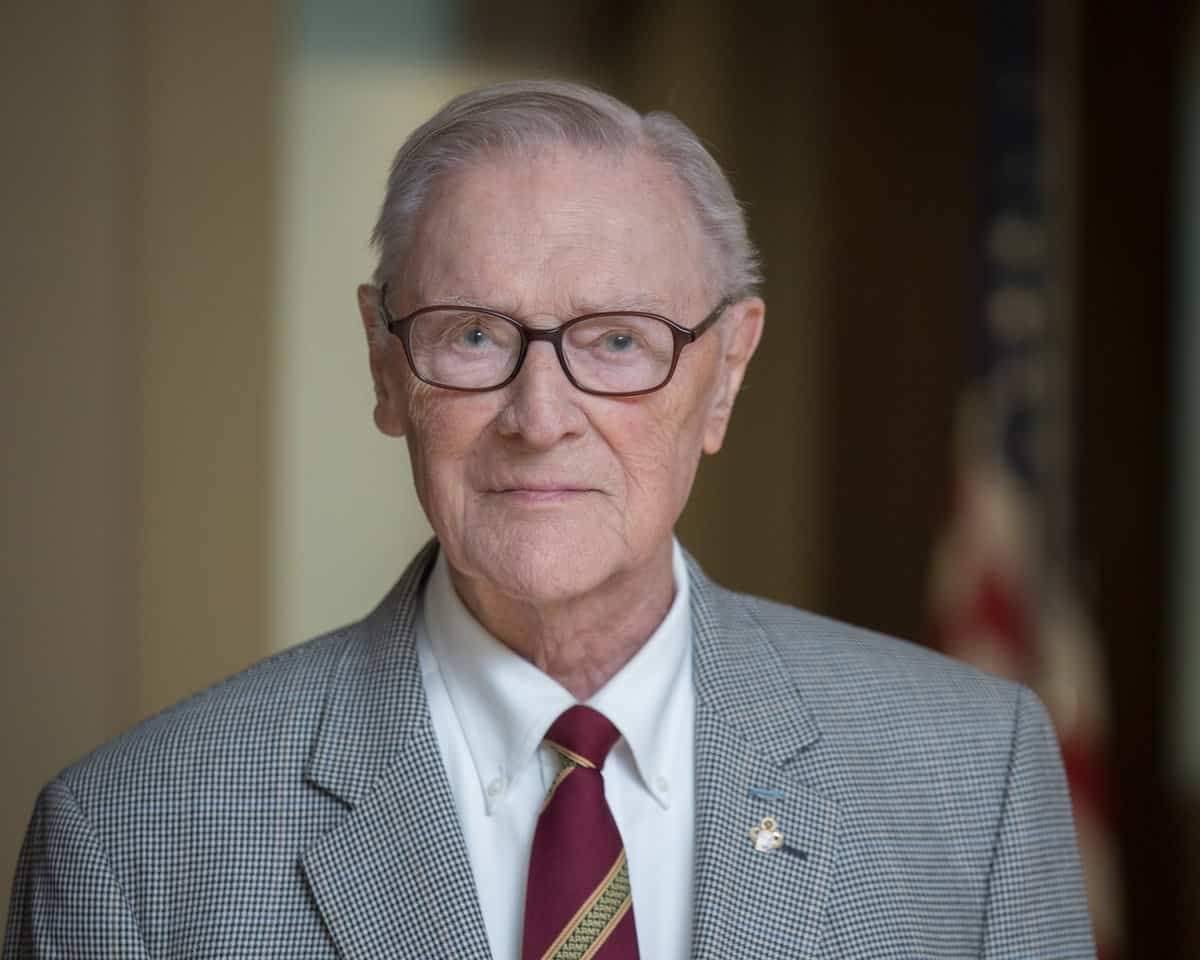A Heartfelt Tribute to the NCO Corps

The 2017 Annual Meeting and Exposition of the Association of the U.S. Army was held in October and one of the significant events was the Sergeant Major of the Army Awards Luncheon.
A best soldier and top NCO award were followed by the identification of an Honorary Sergeant Major of the Army, and honor bestowed upon me, I am told, by the vote of all living SMAs.
I am most honored and sincerely grateful for their selection. I was offered a chance to speak to say my thanks and I chose to use the opportunity to tell some stories about my association with NCOs I served with. This was a connection that began long before I enlisted.
When I was 10 years old, my father built a house on a lot adjacent to a National Guard armory, home of the 112th Field Artillery headquarters and two firing batteries of horse-drawn French 75 mm guns. The stable sergeant and horse trainer, Sgt. Bill Lawton, finally accepted me as an exercise boy and, along with my father and a couple of uncles, became a mentor during my teenage years.
Lessons Learned
I learned a great deal about dedication to completing a job, doing it well and getting along with the workforce.
When I reached 16 he had a hand in awarding me my first paycheck, $10 per month from the state of New Jersey as an assistant to the horse trainer for doing during the summer when school was out what I gladly did for free the rest of the year.
My next memorable NCO was Sgt. Bradshaw, a platoon sergeant who shepherded new privates through basic training and started some of us to promotion to corporal on the way to Officer Candidate School (OCS). Bradshaw was the complete soldier who paired with every group of impressive NCOs who taught us to be acceptable infantrymen.
OCS was a confirmation of what I had learned in basic training and I graduated as a confident, if somewhat trepidatious, second lieutenant. But my first assignment as a platoon leader linked me with a Sgt. McCanless who convinced me that he was the best NCO in the Army. He knew everything, was respected by the whole company and was (almost) revered by the men of his platoon.
Unfortunately he also taught me that predicting the combat effectiveness of any soldier is never a sure thing. When McCanless was faced with the first coming artillery rounds he went to pieces, went looking for a new job when the medics returned him to duty, and found it in the regimental rear area before he had to come back to the company.
Shortly after my unit's baptism in combat I found myself the only officer alive in the company, therefore the commander. I was blessed at the time with four platoon sergeants, Davy, Niedlich, Speranza and Whitney, only two of whom made it to the end of the war but all of whom led their platoons professionally when they were without platoon leaders, a rather constant requirement because, although we received eight more lieutenants, only three were on the roster at war's end and two of those had not yet joined.
In addition to those leaders, 1st Sgts. Jones and Wheelock (two because the first was wounded and evacuated), Postanik the supply sergeant and Anderson the mess sergeants taught me how to be a company commander. The success of that complement of NCOs got me two promotions and a week before the war in Europe ended I was a captain. I tell that story because I spent the rest of my career telling sergeants that their responsibility for training second lieutenants is their greatest unwritten requirement and contribution to the quality oif their units.
I Never Lost My Respect
I cannot write such stories to cover the rest of my years in the Army but I can say I never lost my respect for that vast body of leadership represent by NCOs. I supported every NCO Academy created by various commanders who saw the need for more formal training of thei NCOs. I was an enthusiastic promoter of the Sergeant Morales Club, which was an effort to recognize the outstanding NCOs of a command. And I was a strong advocate of the NCO Education System created by Gen. Bill DePuy and the astute members of the U.S. Army Training and Doctrine Command staff when we began building the all-volunteer Army of the 1970s.
I have long expressed my conviction that the professionalism of the NCO corps that resulted from the NCO Education System was a critical contribution to the Army of the First Gulf War, the one that was won in 100 hours. That is in full recognition of the importance of the commissioned officers' education system also.
I end this column with a reminder to today's NCOs: You are part of a corps that is respected and recognized as the best in the world. Your responsibility is to maintain that reputation.
I want to add a final tribute to every command sergeant major with whom I was privileged to partner in every command in which I served. It was my great satisfaction to see two of them selected as the real sergeant major of the Army and now to hope that they might have voted for me.
Gen. Frederick J. Kroesen, USA Ret., served as vice chief of staff of the U.S. Army and commander in chief of U.S. Army Europe. He is a senior fellow of the Association of the U.S. Army’s Institute of Land Warfare and First Vice President of the American Security Council Foundation.
Reprinted with permission from ARMY Magazine, Vol. 67 #12, copyright 2013, the Association of the United States Army.











